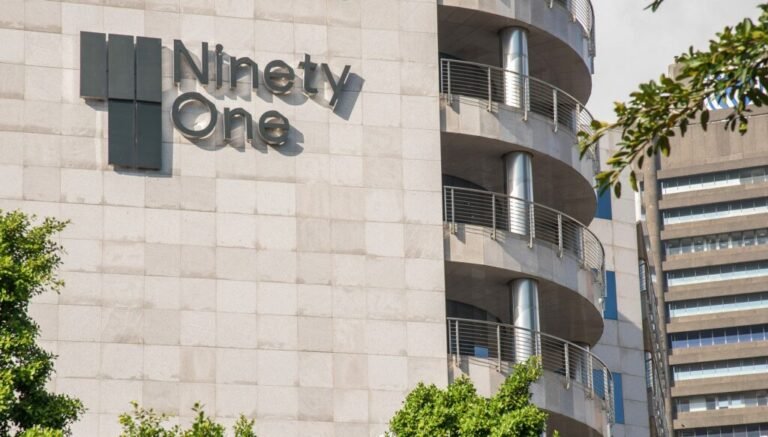Global asset manager Ninety One will on 12 November list two actively managed exchange-traded funds (ETFs) on the JSE.
The Diversified Income ETF and Global Diversified Income ETF are modelled on Ninety One’s established unit trusts, targeting steady income and a bias toward preserving capital.
Listen: Actively managed ETFs signal a new chapter for investors
Income funds are suited to investors seeking stability and returns above cash in uncertain markets. They aim to preserve capital while limiting exposure to excessive risk.
Ninety One’s Actively Managed ETF strategy lead Trinisha Chanka says the firm’s new income-focused ETFs serve that objective.
The two ETFs
- The Diversified Income ETF is a South African portfolio that invests across bonds, credit, property and offshore assets, and has a strong focus on income generation and capital preservation.
- The Global Diversified Income ETF offers exposure to a global multi-asset strategy that aims to achieve US dollar cash plus 1.5% over rolling 12-month periods. The fund combines fixed income assets and built-in currency diversification.
Chanka says the two ETFs are particularly relevant for South Africans sitting on low-yield deposits. “There’s a massive retail deposit culture in South Africa,” she notes.
“R453 billion is invested by households in deposits of more than one month. Our net yield is close to 9% (as at 31 August 2025), which allows clients to earn enhanced returns (around 2% more) than when the funds are sitting in their bank deposits.”
ADVERTISEMENT
CONTINUE READING BELOW
Listen/read: Will JSE-listed ETPs top R300bn by year end?
Unlike traditional passive ETFs that merely track indices, Ninety One’s actively managed ETFs are research-driven, multi-asset portfolios that can respond quickly to changing market conditions.
Chanka says markets have become increasingly volatile. “Geopolitics are crazy, markets are diverging, and US equities have become very concentrated. When you buy an index, you’re taking on a huge amount of concentration risk. What you really need is someone to walk you through these changing environments.”
Expanding, not replacing
Ninety One’s entry into the ETF space is about expanding investor choice, not replacing its core offerings, says Chanka.
“We are making our strategies available on all platforms and in all accessible formats. It’s about meeting investors where they are – whether that’s a trader or a retail investor saving monthly.”
Read:
South Africans are rethinking unit trusts …
Active vs passive investing: Finding the right balance
ETFs have traditionally been associated with low-cost, passive index tracking, she adds. “But ETFs don’t have to be passive. They can have active styles – and there’s no reason why, on exchange, you would want to limit investors to passive only.”
The new ETFs carry the same fees as their unit trust equivalents, with no incentive to choose one structure over the other, Chanka stresses.
ADVERTISEMENT:
CONTINUE READING BELOW
There is currently a broader discussion in the investment industry about whether ETFs are beginning to displace traditional unit trusts. Supporters point to their lower costs and ease of trading, while others argue that both structures serve distinct investor needs.
More on the horizon
“Actively managed ETFs are more expensive than purely passive ones because there are people and research involved,” Chanka says. “But they’re not more expensive than the active unit trust version.”
Ninety One plans to broaden its range of actively managed ETFs in the future.
“Our next one is hopefully a global equity ETF,” Chanka says. “But for now, we’re focused on these income strategies.”
In 2022, the JSE amended its listings requirements to allow for actively managed ETFs. There are currently around 29 actively managed ETFs on the bourse.
Listen/read: The rise of ETFs and the risks of passive investing
Follow Moneyweb’s in-depth finance and business news on WhatsApp here.

